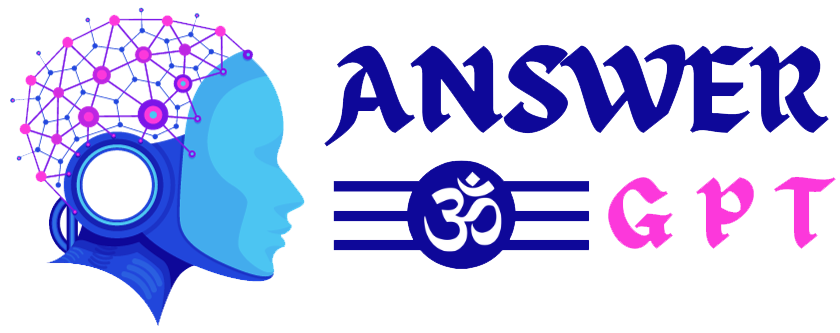1. Communication always needs
(a) At least two persons
(b) At least one object
(c) A context
(d) A location
Answer :- c
2. Consider the two statements:
A: Deep listening helps in unveiling the deep history of a group of speakers representing a community.
B: Combative listening is a great weapon in the business world.
(a) Both A and B are correct
(b) Both A and B are wrong
(c) A is correct, but B is wrong
(d) B is correct, but A is wrong
Answer :- b
3. Smiling is
(a) A social symbolic act
(b) An example of non-verbal communication
(c) A way to mask real emotions
(d) All of the above
Answer :- d
4. Paraphrasing does not include
(a) Filtering out information
(b) Selective listening
(c) Discriminatory listening
(d) Empathetic listening
Answer :- C
5. Consider the following two statements:
A: Unintentional communication is not a very significant component of communication
B: The detective in the Whodunit stories mainly detects the clarity of communication
(a) Both A and B are correct
(b) Both A and B are wrong
(c) A is correct, but B is wrong
(d) B is correct, but A is wrong
Answer :- b
6. Interpersonal communication is strengthened by listening for
(a) Disrespect
(b) Signs of friendliness
(c) Mutual purpose
(d) Personal details shared with you
Answer :- c
7. White lies are
(a) Innocuous
(b) Necessary in social situations
(c) Exonerated
(d) All of the above
Answer :- d
8. Which one is an example of covert communication?
(a) Personal language
(b) Morse code
(c) Sleeping
(d) Dreaming
Answer :- c
9. Emotions spill through etc.
(a) Para-psychological components
(b) Para-behavioral mechanisms
(c) Para-linguistic components
(d) Heuristic impulses such as gestures, eye movement, facial expression,
Answer :- c
10. Not listening to someone while you’re asleep is an example of
(a) Physical barrier
(b) Psychological barrier
(c) Linguistic barrier
(d) None of the above
Answer :- d
11. Which of the following statements are not true?
(a) Power hierarchy is territorially manifested
(b) Various spaces are designated to signify various kinds of power
(c) Spatial markers of power are unquestionable
(d) None of the above
Answer :- c
12. What kind of listening does help in successfully negotiating finer sociocultural nuances?
(a) Critical listening
(b) Therapeutic listening
(c) Discriminative listening
(d) Combative listening
Answer :- b
13. You should seek openings,
(a) physical, conceptual
(b) pauses, breaks
(c) intervene, raise your hand
(d) listen, reflect and _ before speaking in formal groups.
Answer :- a
14. Consider the following cases. In which one will information about the novel be remembered more readily?
(a) Watching a movie based on the novel followed by lectures on it
(b) Attending a lecture on the novel with audio-visual aid
(c) Attending a lecture on the novel with a PowerPoint presentation
(d) Adapting the novel for the stage
Answer :- d
15. In group discussions, as a speaker you should be
(a) empathetic to the other speakers
(b) understanding of the individual perspectives
(c) diplomatic whenever there is a contentious issue
(d) playing designated role
Answer :- d
